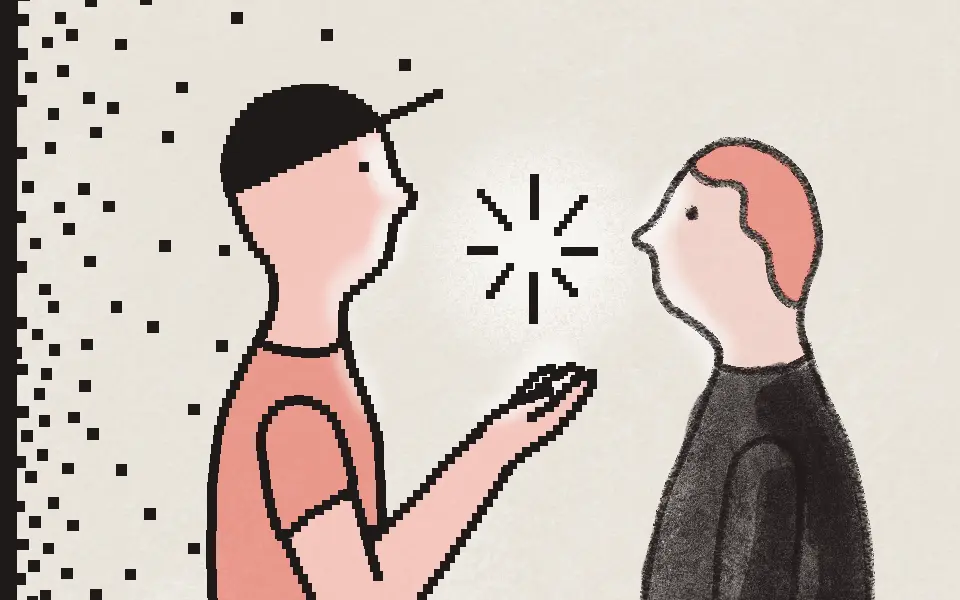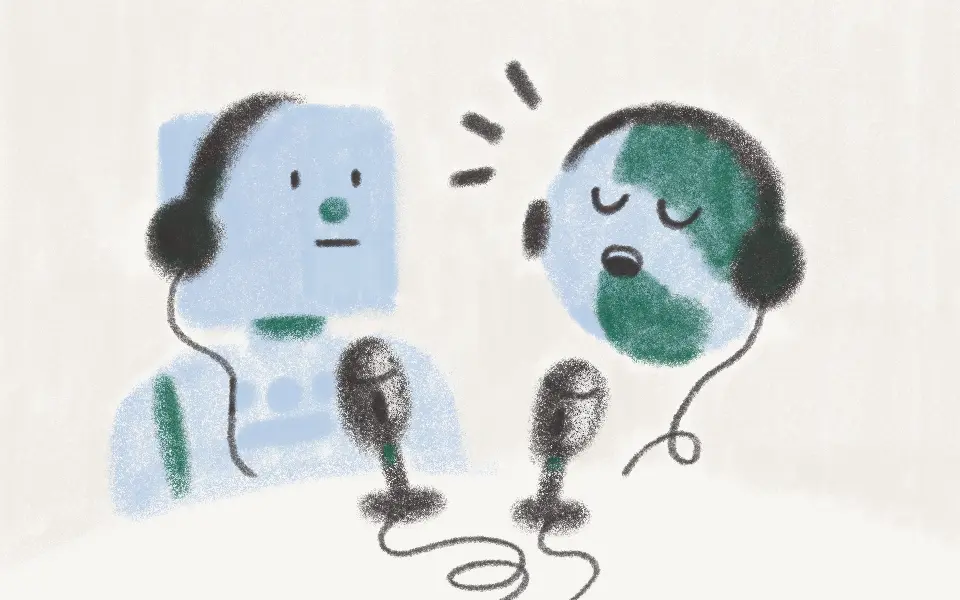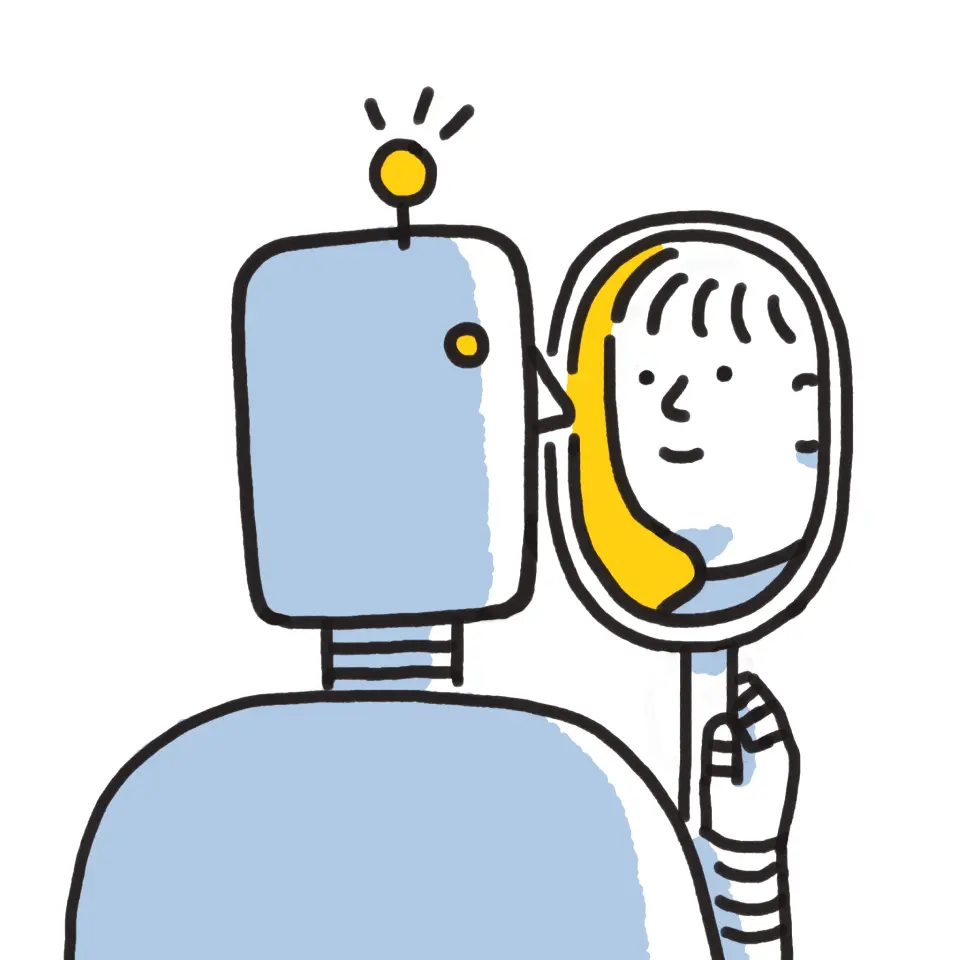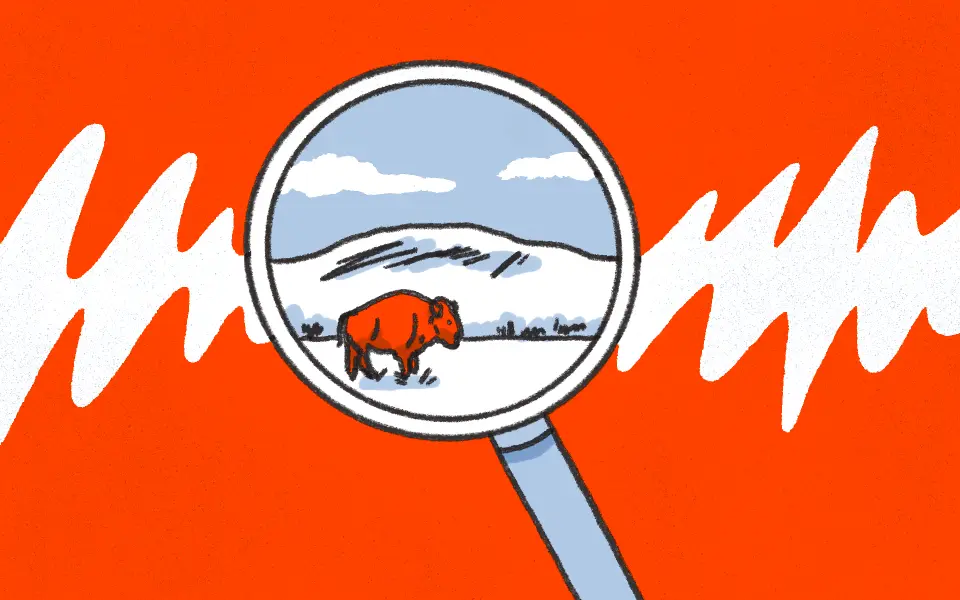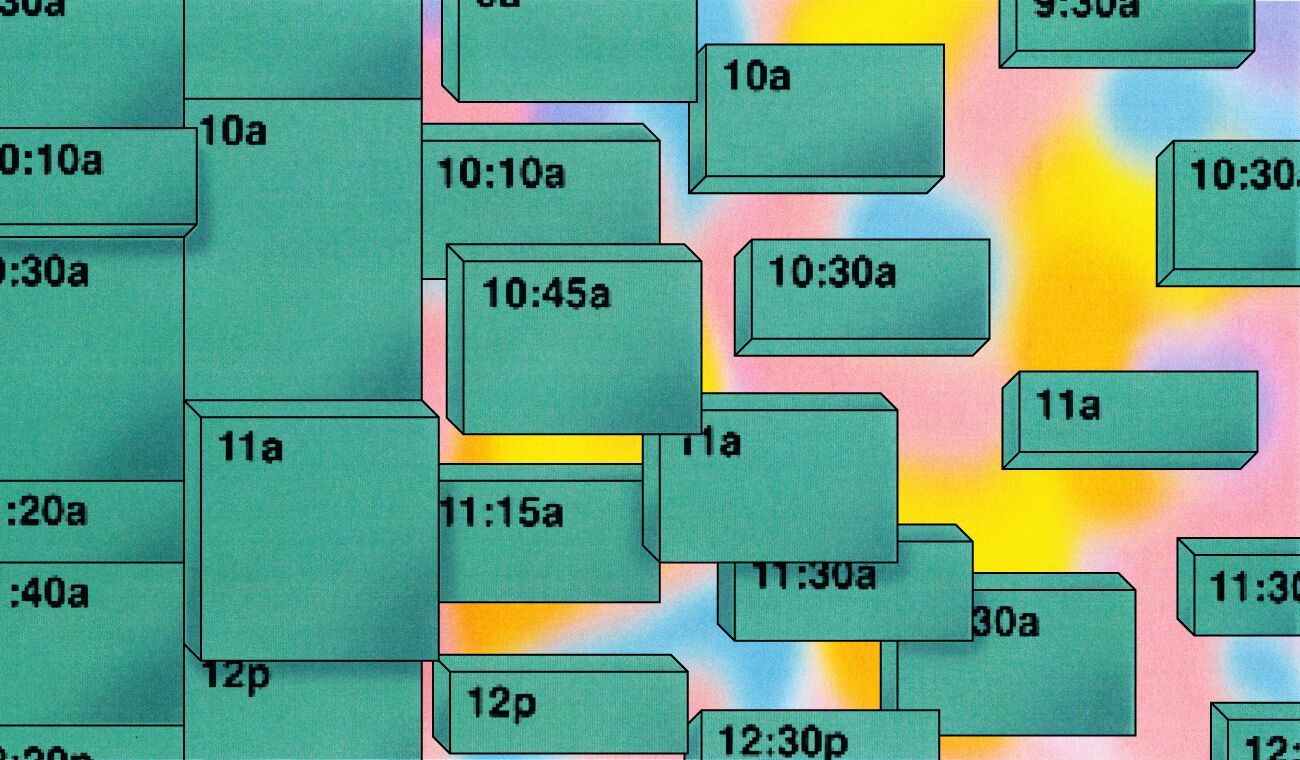
“If you had to identify, in one word, the reason why the human race has not achieved, and never will achieve, its full potential, that word would be meetings.”—Dave Barry
Meetings bring teams together to help them move forward. But sometimes, they inhibit progress. In a recent study by Salary.com, 47 percent of respondents said attending too many meetings was their biggest waste of time at work. To see for myself the ratio of gain-to-drain, I declined every meeting this week. Here’s what happened.
1. Became proactive instead of reactive
Instead of squeezing in work between big blocks of meetings, I was able to organize each day around my top priorities—dedicating the time I needed to make them happen. My ability to be accountable to myself in this way was hugely energizing.
2. Met my deadlines
Because I often leave meetings with a long list of other people’s urgent matters to address, this can derail my focus and disperse my energy. Without constant interruption or breaking emergencies to handle, I sustained my creative flow and stayed focused on mission-critical tasks. This helped me complete a draft of a white paper in a single three-hour writing session—instead of spending many more hours of fragmented time throughout the week.
3. Learned to delegate
For the first time, I asked other people on my team to stand in for me at the meetings I declined. As a result, my colleagues were empowered to have more authority. I micromanaged less. All of us were happier with our roles, contributions, and each other. And no work slipped through the cracks.
4. Got the information I needed faster
Sitting through a meeting is one way to get informed. But when someone is dedicated to capturing takeaways, tuning in afterwards can sometimes work even better. My delegates used Dropbox Paper to take and share meeting minutes. This equipped everyone (including those who attended the meeting and those who didn’t) to take next steps. I joined the conversation by asking a few questions via comments in our shared document and got the answers I needed fast.
Keep your whole team on the same page with Dropbox Paper
5. Saved my employer money
In a time budgeting study of large corporations, Bain & Company found that a single weekly meeting was costing one organization $15M a year. With this in mind, I took the opportunity to focus on getting my work done, rather than spending that time in a conference room.
6. Clarified what meetings are essential
While I was not missed in information-gathering meetings, my absence limited my team’s ability to do collaborative and generative work. Now that I understand where I’m truly needed, I’ll know which invites to accept moving forward.
7. Committed to two meeting-free days every week
After experiencing the creative flow of meeting-free days, I blocked every Tuesday and Thursday on my calendar for the rest of the year for my high-stakes work. Knowing I have dedicated time every week to get in the zone, and stay there, helps give ballast to the days I’m in back-to-back meetings.
8. Advocated for better meetings
Discovering that I wanted to attend fewer and more meaningful meetings, I researched best practices. These tips on mastering the 15-minute meeting inspired my team to try standing meetings, odd starting times, and reducing our invites. We were all more engaged as a result. While declining all meetings is not sustainable for the long-term, it was a valuable exercise in understanding where my time is best spent on a daily and weekly basis. Experimenting with the ratio of contribution, delegation, input, and output helped me get a better sense of how to sustain my creative energy and do my best work.
Sage Cohen is the author of Fierce on the Page, The Productive Writer, Writing the Life Poetic , and the poetry collection Like the Heart, the World . As Chief Executive Storyteller of Sage Cohen Global since 1997, she develops communication, education, and empowerment solutions that help people and businesses change the conversation.



